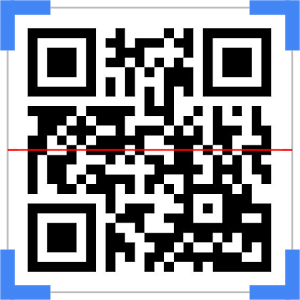Melbourne, Feb 23: Australian engineers have developed an advanced microscope using barcode laser scanner technology that may help doctors better analyse complex medical conditions ranging from blood disorders and cancer to neurological disorders.
The microscope can film moving blood cells and neurons firing in living animals and is much more powerful than similar microscopes available commercially.
 "Scientists can use our new microscope to analyse complex medical problems ranging from blood disorders and cancer to neurological disorders," said lead researcher, Steve Lee from Australian National University (ANU).
"Scientists can use our new microscope to analyse complex medical problems ranging from blood disorders and cancer to neurological disorders," said lead researcher, Steve Lee from Australian National University (ANU).
"The microscope can speed up or slow down to capture the slow moving cells in a blood stream or live neurons firing rapidly in the brain, making it much more flexible than other microscopes on the market," said Lee.
Lee said the microscope used technology similar to retail barcode scanners and office laser printers.
In barcode scanners, a laser beam bounces off a spinning polygon mirror, allowing it to scan across a sample very quickly.
A barcode scanner registers a sequence of patterns to identify a product. A polygon mirror usually has around 10 mirror facets.
Lee said the team's microscope used a more powerful laser beam as the light source and up to 36 mirror facets to scan the laser beam across the biological sample in a few thousandths of a second.
"We achieve the same imaging resolution of conventional scanning microscopes on the market but at double the speed," he said.
"The innovation here is that we modernised the polygon mirror microscopy system with advanced electronics and software controls to enable real-time imaging applications, with up to 800 frames per second," Lee added.
Yongxiao Li, a PhD student from the ANU Research School of Engineering, said the customised open-source software made the microscope a flexible imaging tool.
The research was published in the Journal of Biophotonics.





Comments
Add new comment